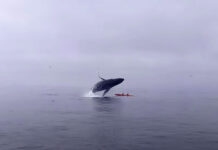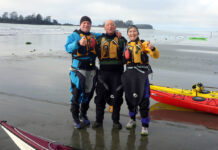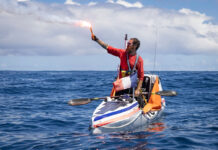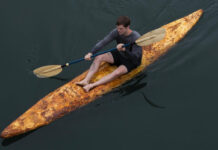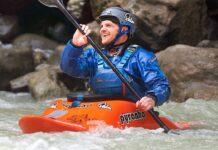From entrepreneurs and explorers to game changers and artists, the wide world of paddlesports is enriched by those who see a need and step up to fill it. Whether welcoming underserved communities, mentoring new paddlers or protecting waterways at risk, here’s who (and what) is changing paddling for the better this year.
1 Sammy and Jessica Matsaw
Connecting Indigenous youth with heritage and traditional skills via river trips
For the Shoshone-Bannock Tribes, the Middle Fork of the Salmon River has been home since time immemorial. Its people remain inextricably linked with the waters even after a history of forced removal from the land. Through River Newe, cofounders Jessica and Sammy Matsaw reintroduce Indigenous youth to the river on free rafting trips, promoting traditional Shoshone-Bannock knowledge.
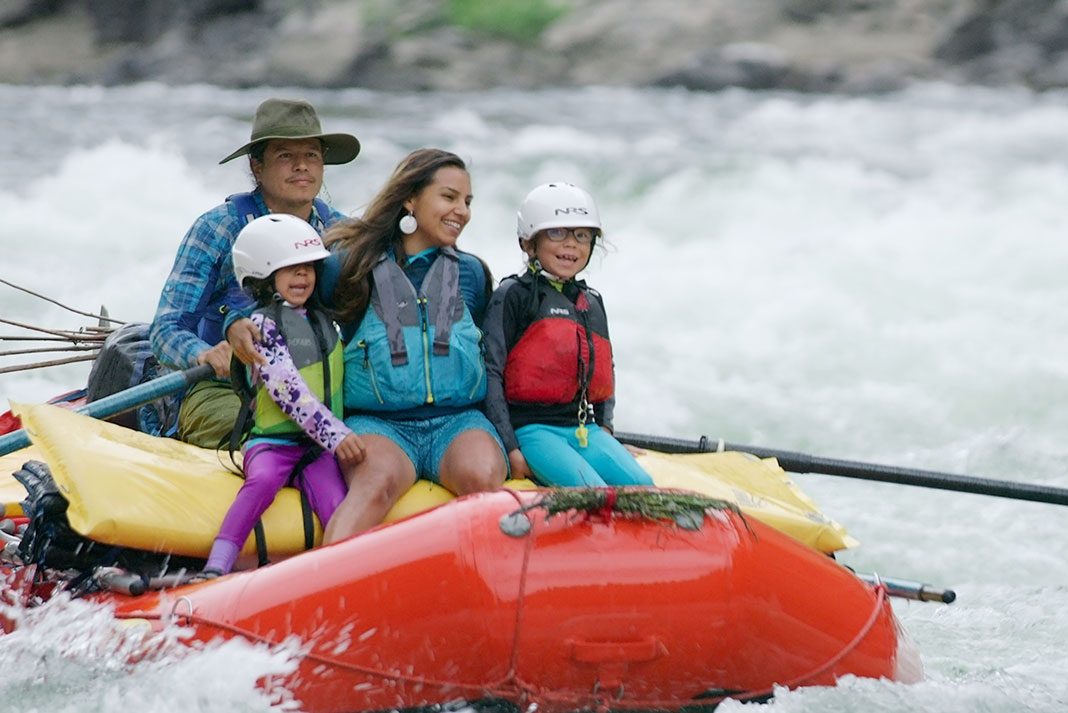
“My greatest hopes are to take more of our tribal youth down the river… I just know the river would change their lives,” said Jessica Matsaw in River Of Return, a documentary by Skip Armstrong.
River Newe interweaves past generations’ teaching with the present. In 2022, “we are continuing to expand on what we offer to tribal youth. This past spring, we hosted a salmon spear making class. Tying hooks has many perspectives on how to do it and how those get mounted to spears. The class was a great success.”
2 Diversify Whitewater
Event series with a mission to get underrepresented paddlers on the water
After the success in its inaugural year in 2020 with two free community events in northern Colorado, Diversify Whitewater went national. Dedicated to introducing more Black and Indigenous folks and people of color to whitewater kayaking and rafting, this year Diversify Whitewater is holding 13 events in nine states.
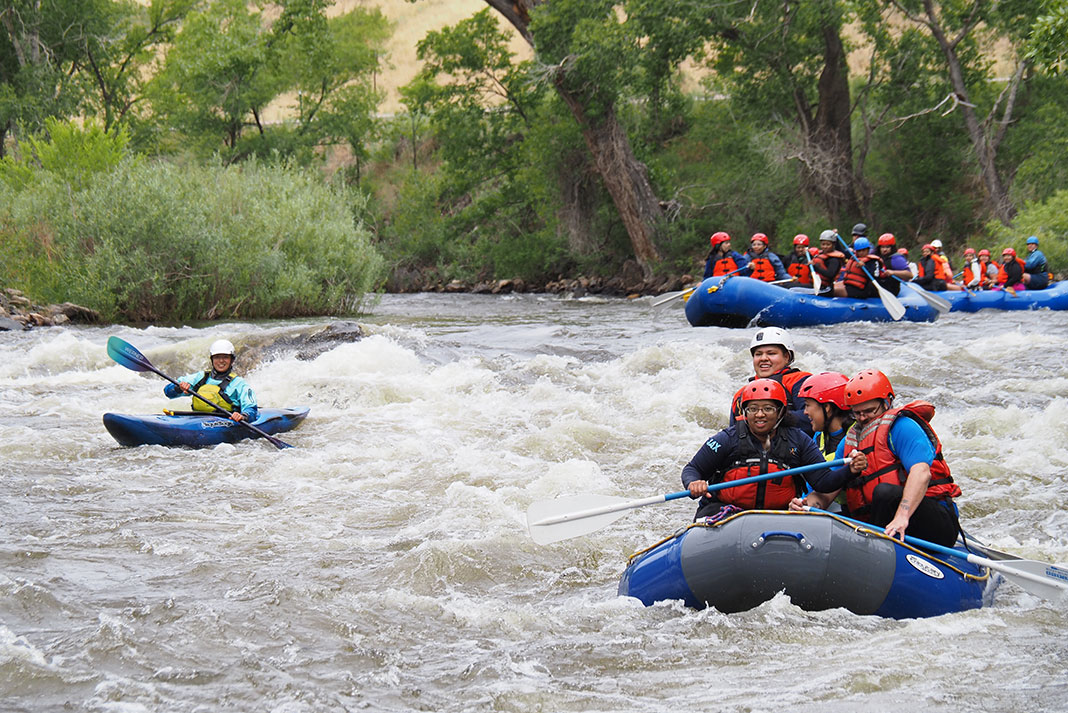
In addition to increasing the size, breadth and frequency of events, the goal is to provide more consistent programming for participants to improve their skills year-round. “We are working on developing gear closets to provide boats and equipment for participants to use on a more regular basis and creating a mentoring network for newer paddlers to be matched with more experienced paddlers,” said cofounder Lily Durkee.
3 Outdoor Afro
America’s leading network celebrating Black leadership in nature
Now in its 13th year, Outdoor Afro has welcomed more than 60,000 people outside through over 1,200 outdoor events, fostering participant networks in 56 cities. The not-for-profit is dedicated to inspiring Black leadership in the outdoors. To do this, Outdoor Afro provides skills training to equip volunteer leaders with essential tools to guide their local communities in nature safely and sustainably.
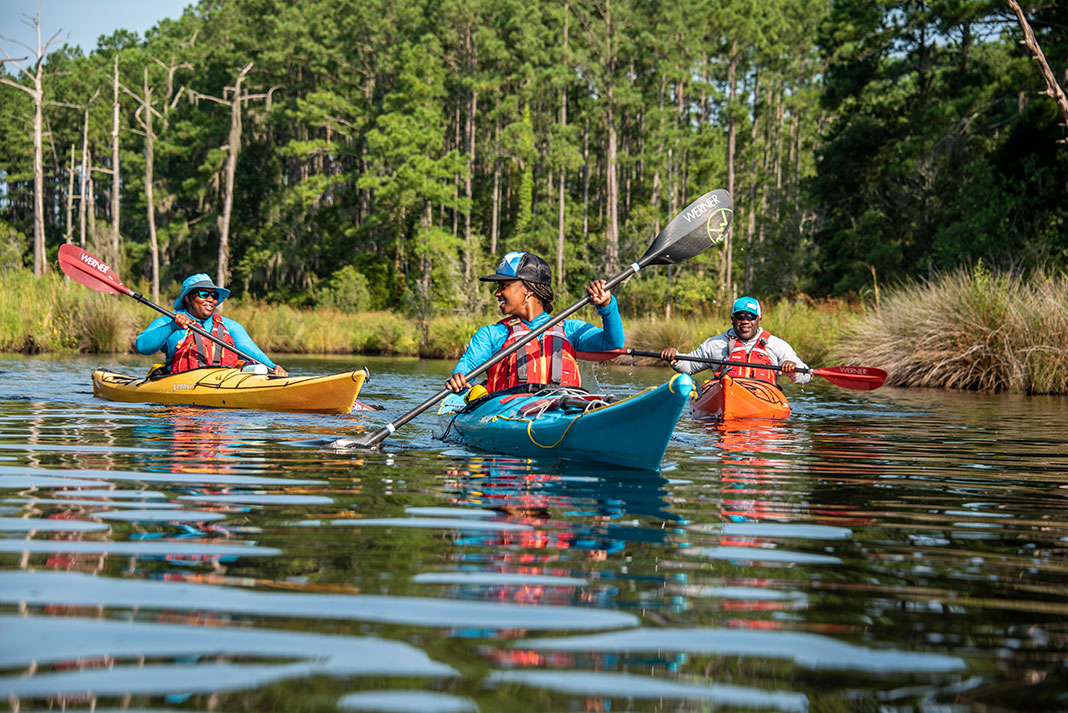
In July, Outdoor Afro Paddle Camp welcomed 20 volunteer leaders on a weeklong course to become certified canoeing or kayaking instructors. This cohort is double in size from 2021. After Paddle Camp, volunteer leaders guide trips in their own communities. Last year, 109 people learned how to paddle after volunteer leaders hosted follow-up paddling activities in their local communities.
“Some people had never been kayaking, so seeing the joy and excitement on their faces as their fear of the water went away was thrilling and eye-opening,” said Antonio Simmons, who participated in the 2021 Paddle Camp cohort.
Additionally, Outdoor Afro’s Making Waves program partnered with Keen Footwear and The Y to provide 100,000 swim lesson scholarships to kids and caregivers over the next 10 years. “Research shows Black youth, ages 5 to 19, are six times more likely to drown in swimming pools than white children. This public health disparity is due largely to historic prohibition of Black access to public pools and beaches. We’re working to reclaim our legacy in water,” said Outdoor Afro founder and CEO Rue Mapp.
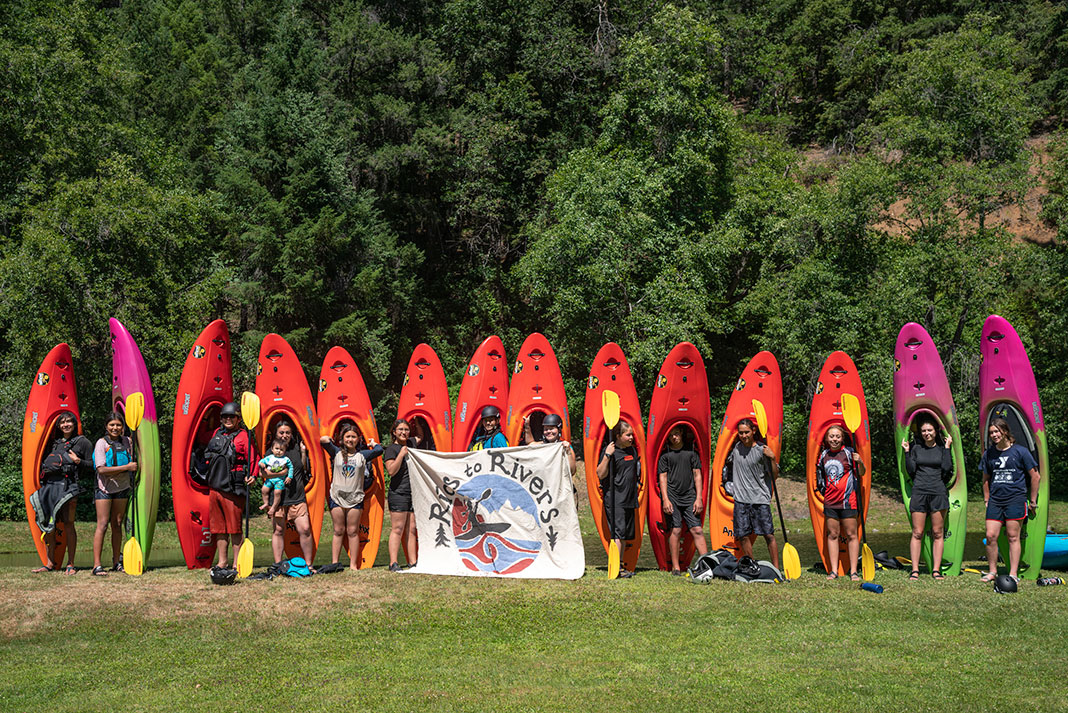
4 Paul Robert Wolf Wilson
Empowering the next generation of river stewards
When four aging dams are removed from Oregon’s Klamath River in 2024, it’ll be a cohort of 16 Indigenous youth who will lead its first descent by kayak. This is the goal of Paul Robert Wolf Wilson and his team’s Paddle Tribal Waters initiative, which will celebrate the years of work the tribes in the Klamath Basin have done to get the dams removed.
When Paddling Magazine caught up with Wilson in July, he was just starting Paddle Tribal Waters’ first two-and-a-half-week training program. Participating were 14 youth, ages 12 to 19, from the Klamath, Modoc, Karuk, Hoopa, Yurok, Quartz Valley Ranchería, Wiyot, Warm Springs, Hopi, Navajo, Inupiaq and Apache tribes.
“The kids are just two days in and already getting their rolls, which is insane,” Wilson told us. The Paddle Tribal Waters program is as much about building whitewater skills as it is about storytelling and river advocacy, including teachings on water rights, tribal sovereignty and environmental stewardship. The program is an initiative of Maqlaqs Paddle Club—which Wilson and his sister co-founded in 2018— and Rios To Rivers. It’s also supported by World Class Kayak Academy, Otter Bar Kayak School, and Rush Sturges’ River Roots.
With the Klamath River expedition still two to three years in the future, “A lot of participants ask, ‘How do I keep this going at home? I want to do this with my family and friends.’ That’s exciting because it’s a call for us,” said Wilson, who is a Klamath Tribal Member and lives near the headwaters of the Klamath River. “Over the next two years, we want to support local paddling clubs on tribal lands as a by-product of larger expeditions.”
All smiles at Outdoor Afro’s 2021 Paddle Camp. | Feature photo: Jameson Redding // Courtesy: NRS and Outdoor Afro

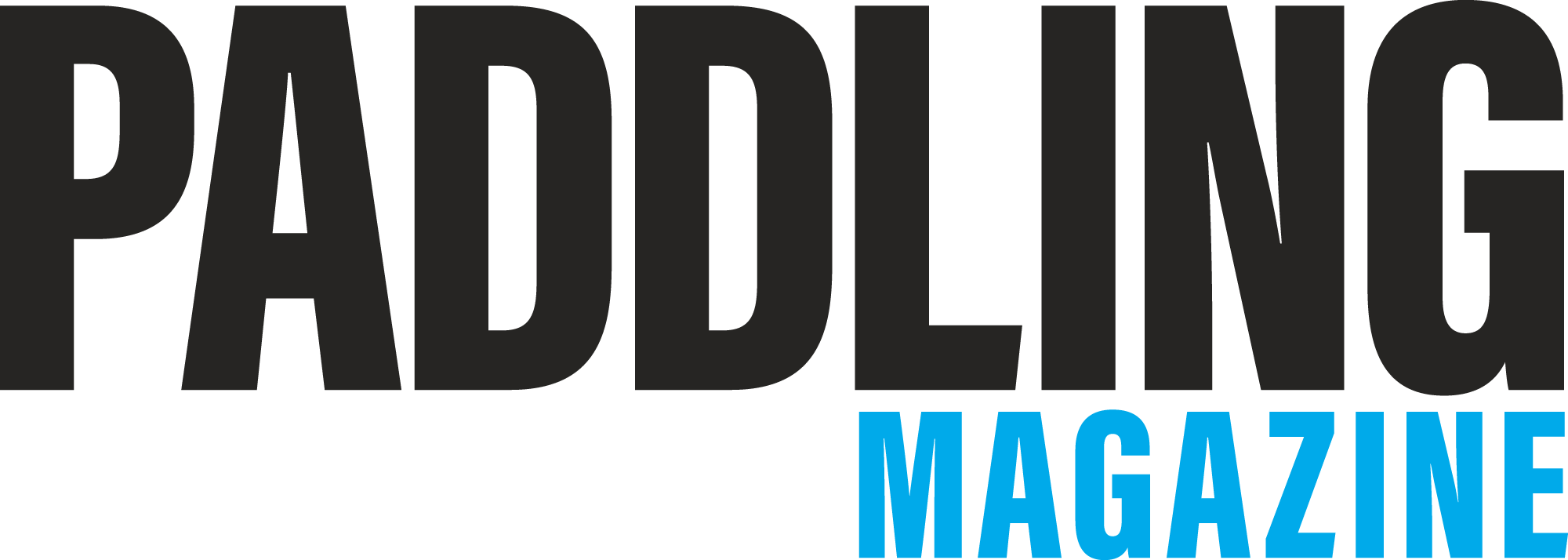

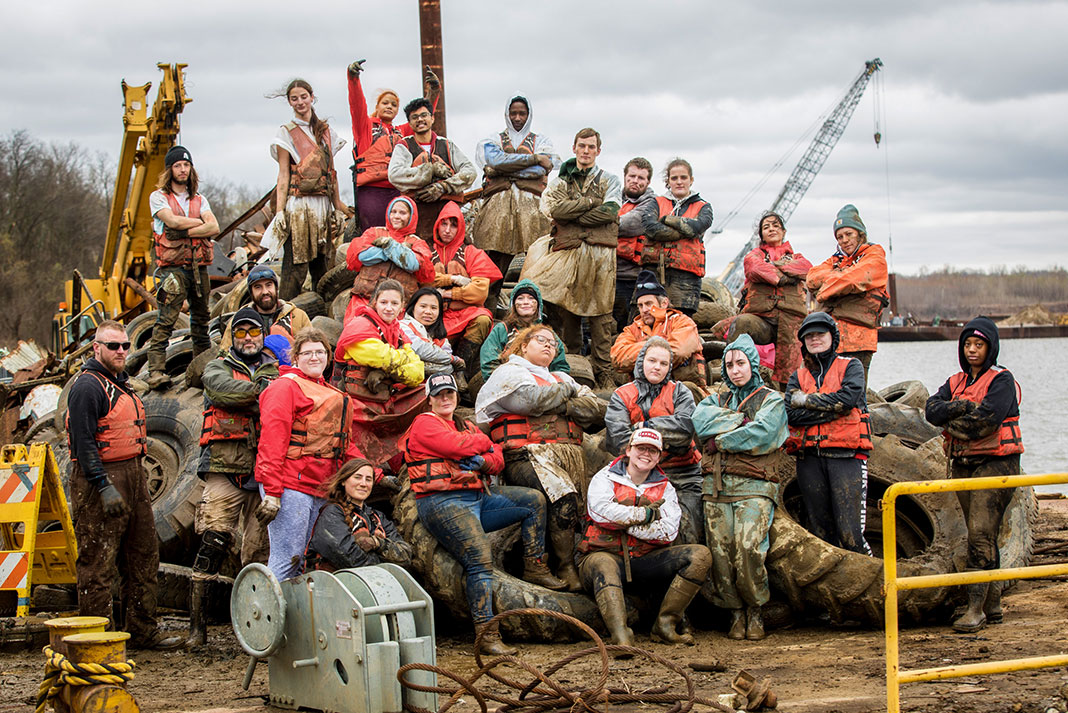
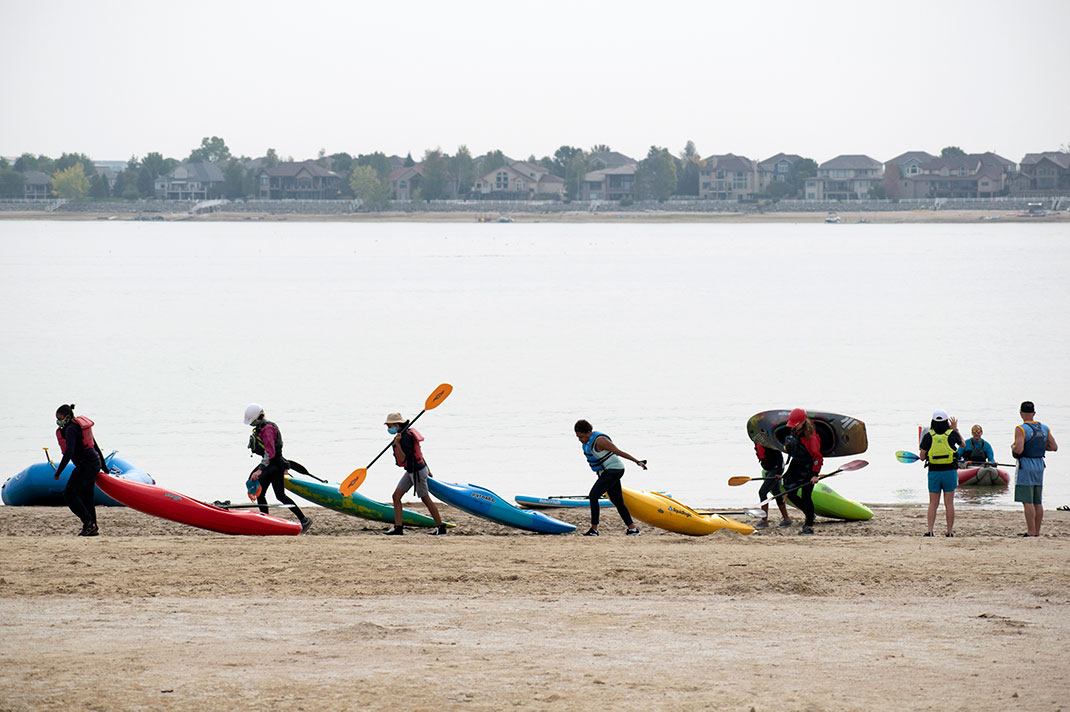
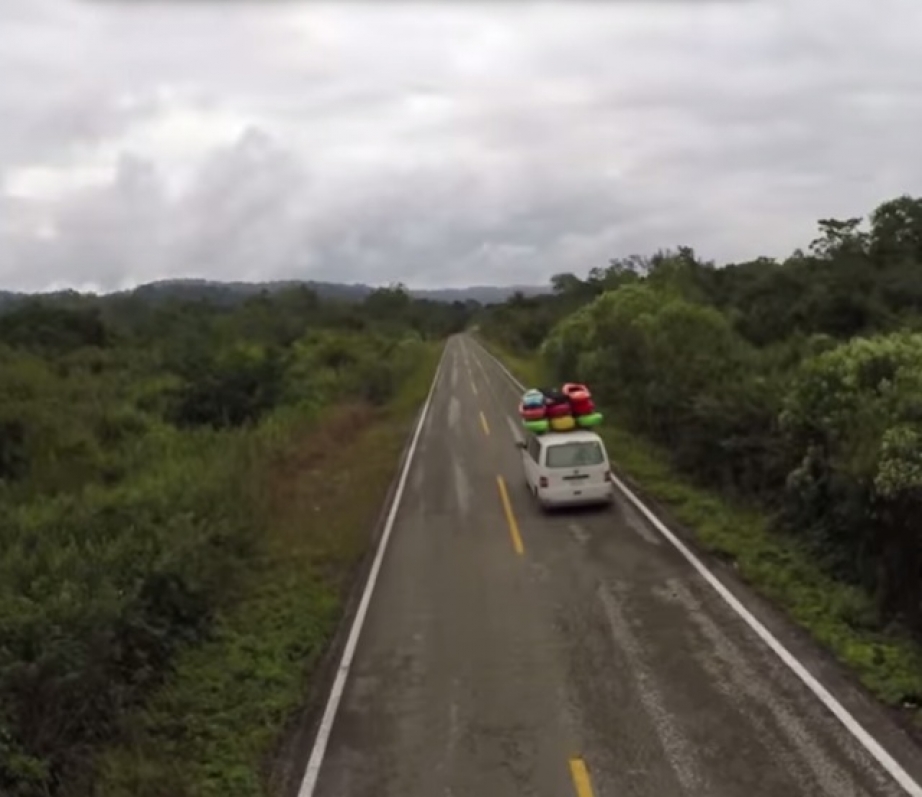
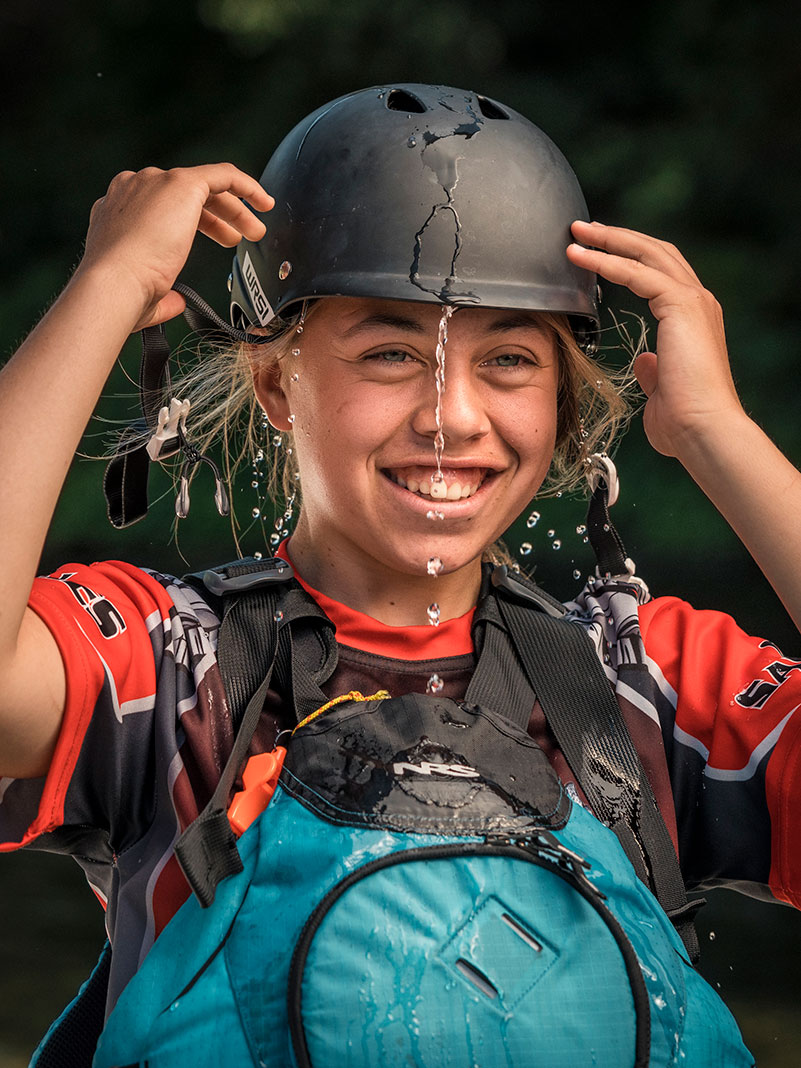
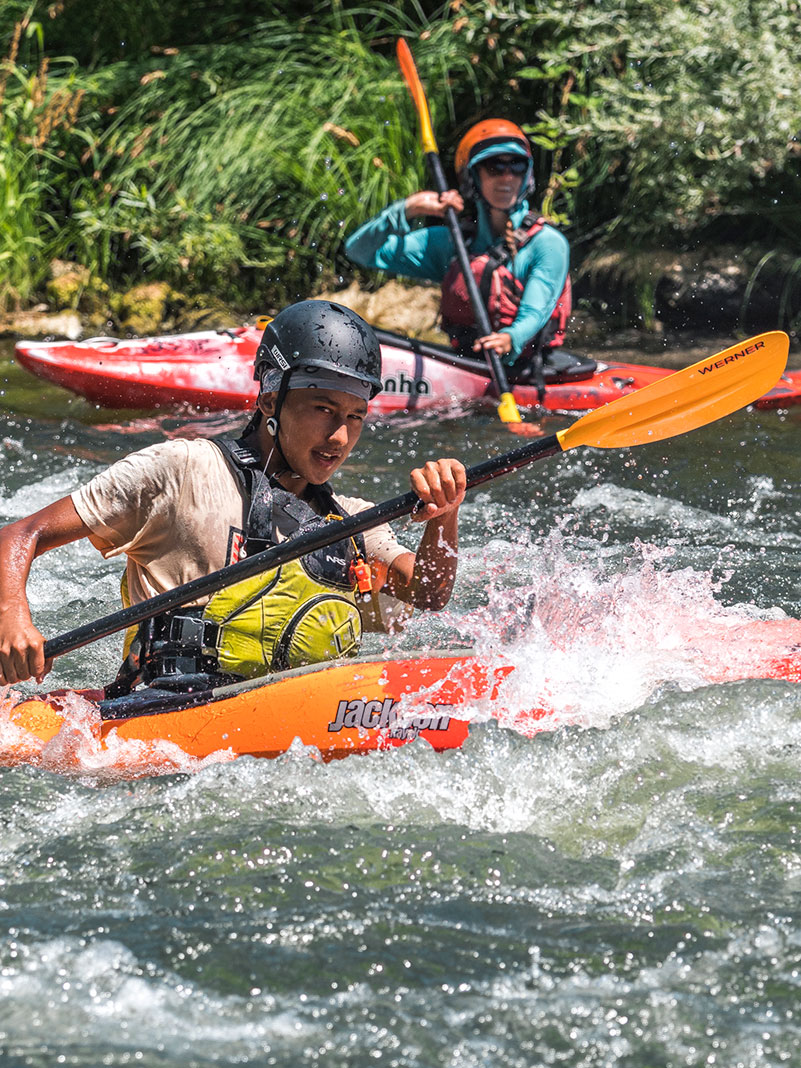
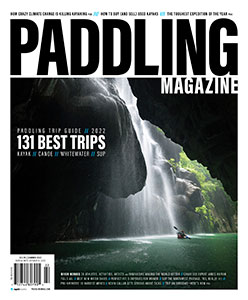 This article was first published in the Summer 2022 issue of Paddling Magazine.
This article was first published in the Summer 2022 issue of Paddling Magazine. 